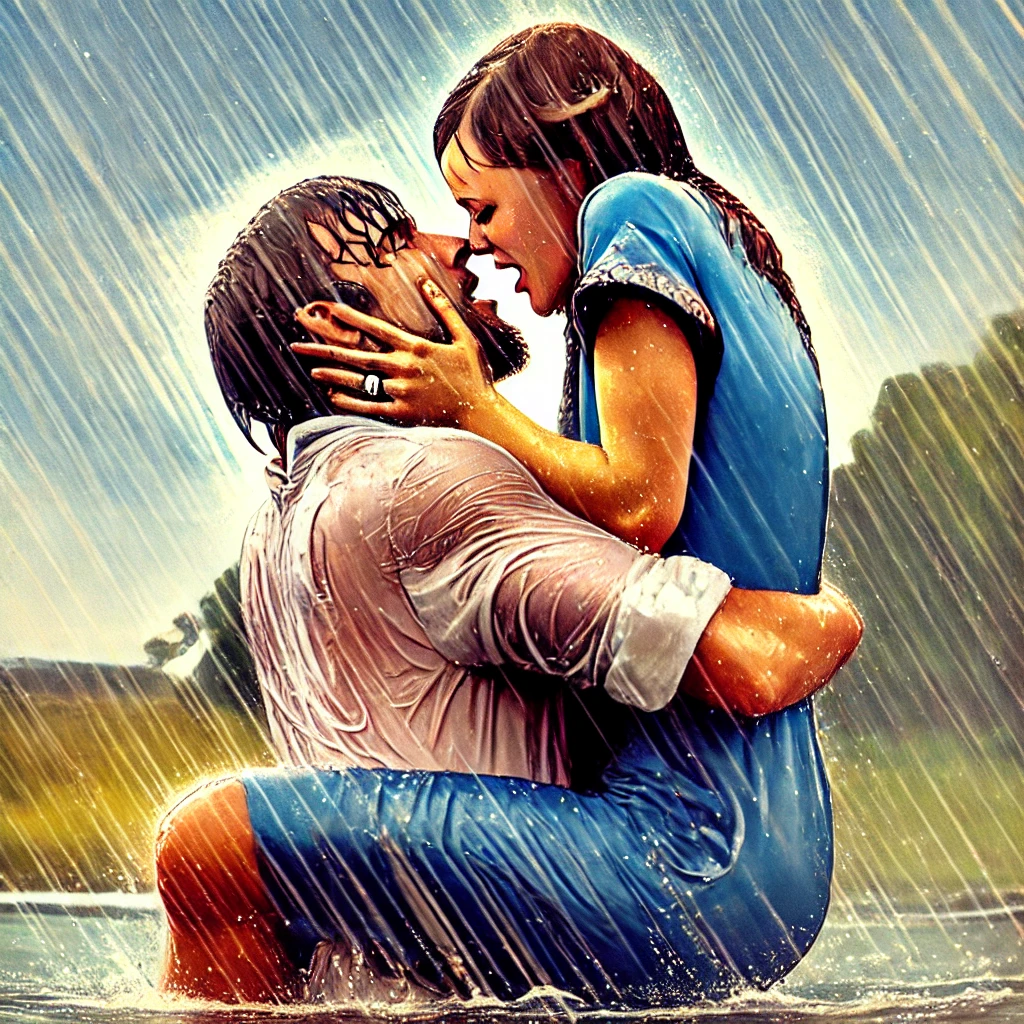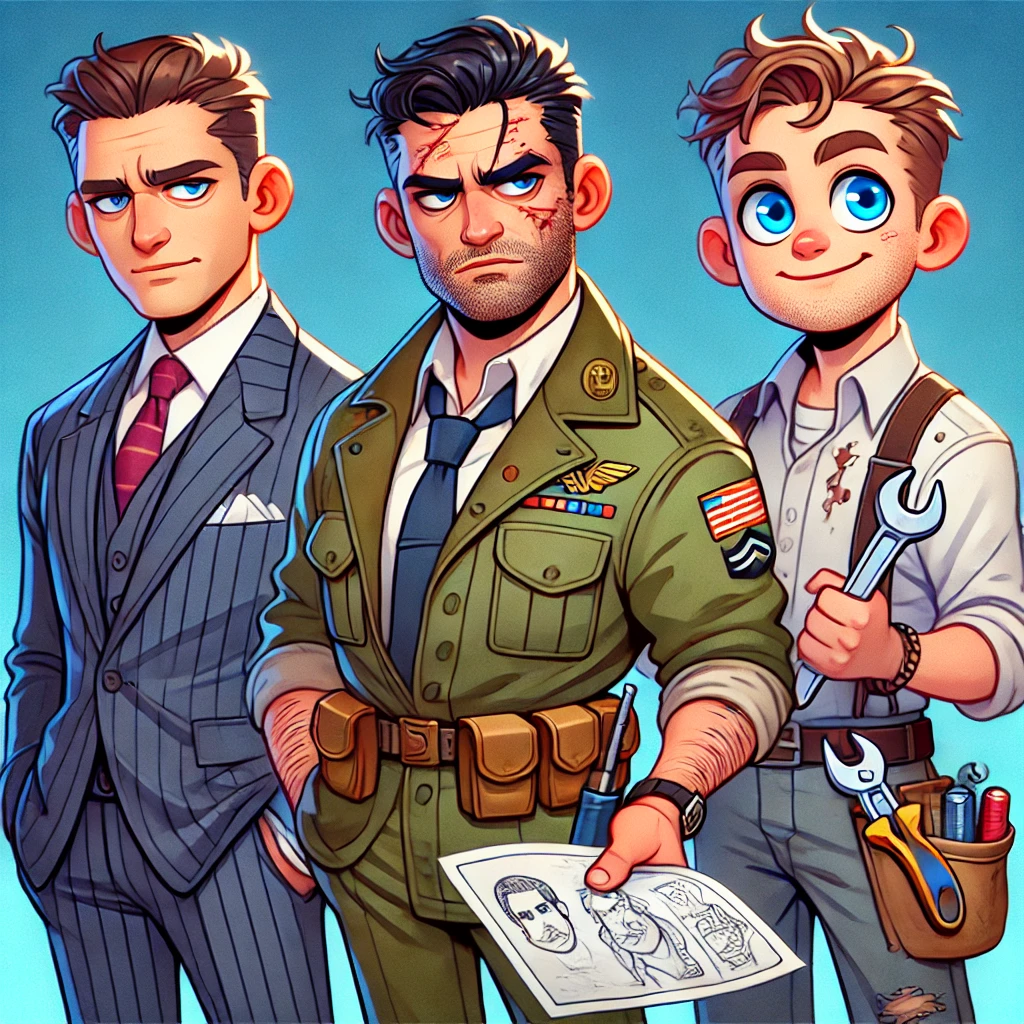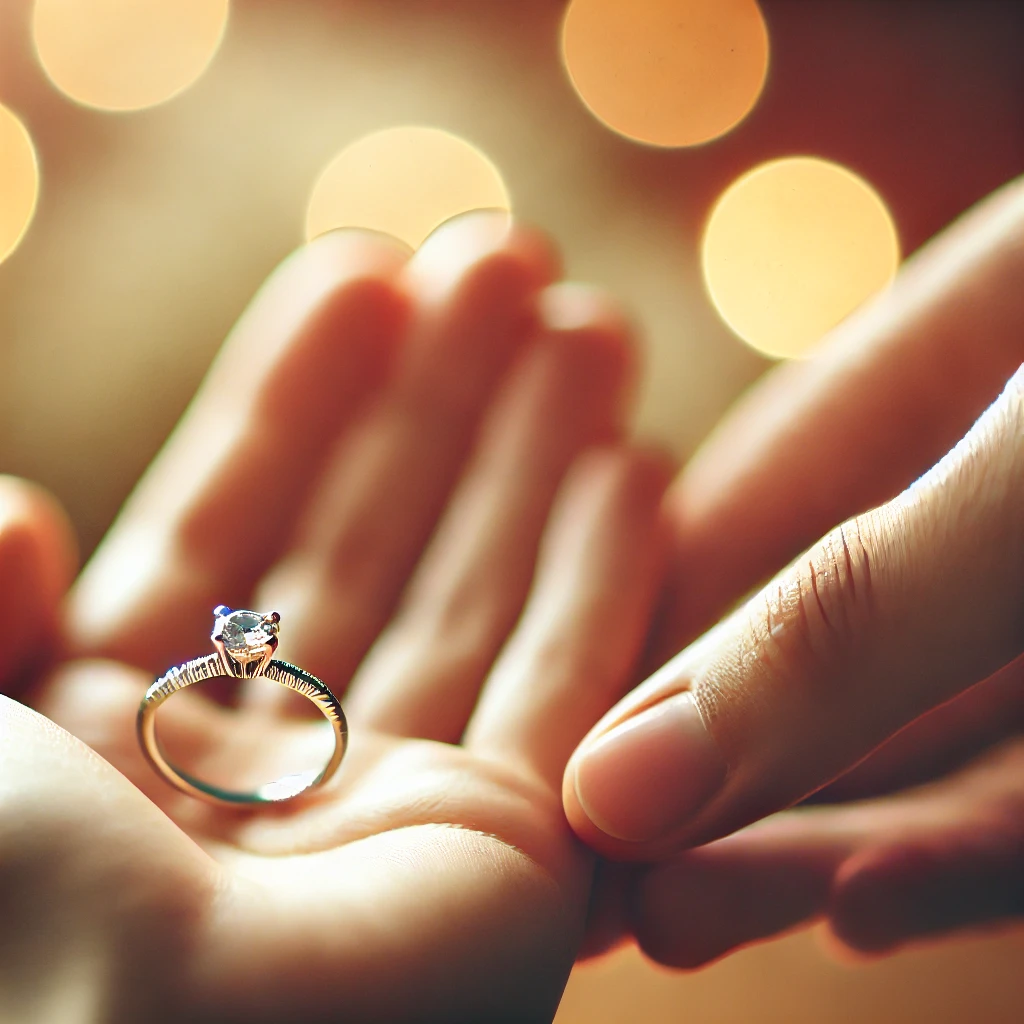Nicholas Sparks’ The Notebook is a literary and cinematic phenomenon that has resonated with audiences for decades. Published in 1996, the novel tells the heart-wrenching love story of Noah Calhoun and Allie Nelson, two young lovers separated by class differences and time but reunited through the enduring power of love. The book was adapted into a film in 2004, starring Ryan Gosling and Rachel McAdams, and has since become a cultural touchstone for romance enthusiasts.
While both the book and the movie are beloved, they each bring unique elements to the story, making them worth exploring on their own.
The Book: A Heartfelt Masterpiece
Reading The Notebook felt like diving into a beautifully written love letter. Nicholas Sparks’ prose is tender and evocative, painting a vivid picture of Noah and Allie’s journey. The novel delves deeply into their inner thoughts and emotions, making their connection feel all the more profound.
What tugged at my heart most was the dual timeline. The narrative alternates between their youthful romance and their later years, where Noah reads their story to an older Allie, who is battling Alzheimer’s. Sparks masterfully weaves themes of love, memory, and devotion, showing that true love endures even in the face of life’s greatest challenges.
For me, the book was a more intimate experience. It allowed me to linger on the characters’ emotions and reflect on the power of love that withstands the tests of time and tragedy. The novel’s detailed descriptions and emotional depth created a resonance that stayed with me long after I closed the final chapter.
The Movie: A Cinematic Romance for the Ages
The 2004 film adaptation brought the story to life in a visually stunning way. Ryan Gosling and Rachel McAdams delivered unforgettable performances, capturing the fiery passion and tenderness of Noah and Allie’s relationship. The film added layers of drama and visual beauty that the book, by the nature of its medium, couldn’t convey.
The iconic scene of Noah and Allie kissing in the rain, for instance, has become one of the most memorable moments in romance cinema. The chemistry between the leads made the story feel even more electric, and the film’s picturesque settings brought the North Carolina backdrop to life.
However, the movie streamlined parts of the story, omitting some of the nuances that made the book so emotionally rich. While the film emphasized drama and romance, the book’s quieter, introspective moments were where its true magic lay for me.
Why Both Are Favorites
Both the book and the movie are celebrated because they speak to universal themes of love, sacrifice, and devotion. The story’s timeless appeal lies in its ability to make us believe in a love that can weather anything—distance, time, and even the loss of memory.
For many, the movie is an introduction to the story, a visual feast that sweeps you away in its romance. The book, on the other hand, is a deeper dive into the characters’ hearts and minds, offering a more profound emotional journey. Together, they complement each other, creating a fuller appreciation of this unforgettable tale.
Similar Books to Read
If you loved The Notebook, here are four books that capture a similar spirit:
- The Fault in Our Stars by John Green
A poignant tale of young love and loss, this story follows two teenagers who find hope and connection despite their battles with terminal illnesses. - Me Before You by Jojo Moyes
This contemporary romance explores the transformative relationship between a caregiver and her quadriplegic patient, blending humor and heartbreak. - Message in a Bottle by Nicholas Sparks
Another Sparks classic, this novel tells the story of a woman who discovers a love letter in a bottle and embarks on a journey to find its author. - A Walk to Remember by Nicholas Sparks
A coming-of-age romance about two teenagers from different worlds who find love and redemption in each other.
Final Thoughts
The Notebook is more than just a story; it’s a testament to the enduring power of love. Whether you prefer the novel’s heartfelt intimacy or the film’s cinematic drama, both versions offer something timeless and beautiful. As a fan of the book, I felt its emotional depth pulled at my heartstrings in a way that the movie, as stunning as it was, couldn’t quite match.
Have you experienced both the book and the movie? Which version spoke to you the most? Let me know your thoughts—and if you haven’t yet, dive into one of the similar books listed above for another dose of unforgettable romance!


